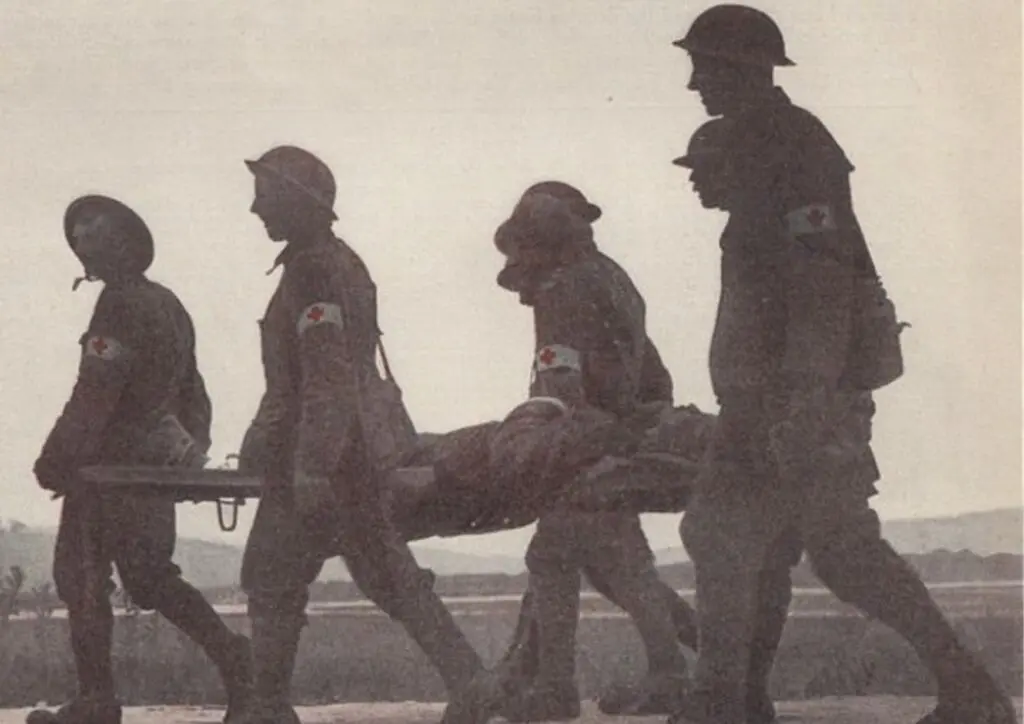The Weekly Reflektion 08/2023
Good communication is vital during an incident, and special competence is needed to communicate the right things at the right time, to the right people.

Are you clear about what you communicate and why?
When a Major Accident or serious incident occurs, communication becomes very important in limiting the negative consequences for the companies involved, but also for protecting the people affected, and their families and friends. Some of us remember Tony Hayward the then BP CEO remarking “I want my life back,” in connection with his involvement in the Macondo accident where 11 people died. Communication is not easy, and in the context of Major Accidents, should be left to those trained to do so.
We should also be aware that propaganda is also a form of communication. The ‘owner’ of the information and spins the story to create a desired effect. for whatever reason. During the Falklands War in 1982, members of the British 2ndParachute regiment were moving across difficult territory towards a settlement called Goose Green which it planned to attack the following morning. The settlement had been occupied by Argentinian forces during the invasion of the islands.
John Nott, the Minister for Defence at the time, was responsible for savage cuts in defence spending which were instrumental in persuading the Argentinian military government that Britain was no longer committed to the defence of the Falklands. He became famous for his press briefings in a war where the media was tightly controlled by the government. In an effort to bring good news to the British public after many weeks of negative publicity he announced that British troops were marching on Goose Green in preparation for an attack the following morning. This ‘news’ was broadcast on the BBC warning the Argentinian defenders of the imminent attack. An Argentinian officer has gone on record saying that their best source of intelligence during the war was the BBC.
The Argentinians flew in reinforcements making the already difficult task of taking the settlement even more difficult. During the attack, 18 British soldiers were killed and 64 wounded. Careless talk costs lives.
During the 6-Day War between Israel and its Arab neighboursin 1967, communication strategy also played an interesting part during the development of the war. The Egyptian president, Gamal Abdel Nasser, was whipping up Arab nationalism in the years leading up to the war. His idea was to build a Pan-Arab nationalist movement which would recreate Arab greatness. One of his primary tools was the Cairo radio station, ‘Voice of the Arabs’ which was used to communicate what the government wanted to people to hear. These broadcasts were Nasser’s most powerful weapon in influencing morale.
On 5th June 1967, the Israelis made a surprise attack on Arab airfields and destroyed a large part of the opposition air force, giving them air superiority for the remainder of the war. The ‘Voice of the Arabs’ reported what they had been told was the Arab plan, in case of a war with Israel. They reported that Egypt had shot down dozens of Israeli planes and that Egyptian tanks were approaching Tel Aviv through the Mitla pass. Egyptians came out into the streets in celebration of the great Arab victory over the Israelis. The truth was very different. The broadcaster, Ahmad Said, who died in 2018, said the intention was to give people hope so that they would continue to fight.
When you hear press releases or other information, be aware that what you are hearing may be a version that is tailored towhat someone else considers to be your needs. When you are communicating are you clear about what you are communicating, to whom, why, and with what motive in mind?
